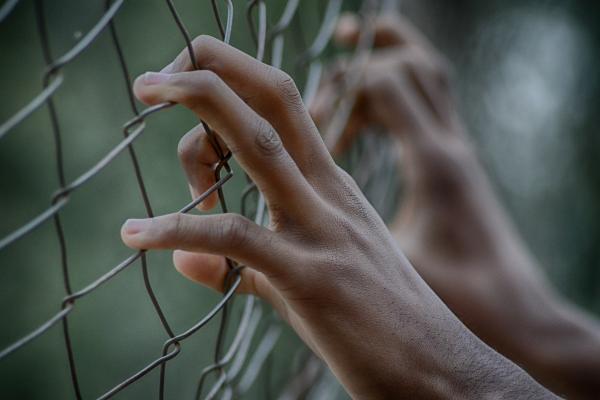In recent years, the Department of Justice had begun to veer away from the harsh sentencing guidelines that were implemented in the 1980s and ’90s, especially those used to lock up low-level, nonviolent drug offenders. But Trump-appointed Attorney General Jeff Sessions is on course to stop those changes.
In a new set of guidelines issued in May 2017, Sessions instructed prosecutors to pursue charges for the most serious offense possible, including charges that carried harsh sentences and mandatory minimums. Sessions described these guidelines as “moral and just” and praised them for producing “consistency.”
But humans are not uniform and consistent, and neither are their crimes. U.S. District Court Judge John Coughenour believes mandatory minimums and sentencing guidelines make sentencing far too easy. “I considered sentencing to be an art and not a science,” Coughenour told The Atlantic in 2016. “And it’s not a science. It’s a human being dealing with other human beings.”
Read the Full Article

